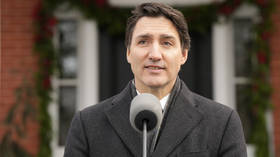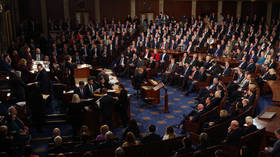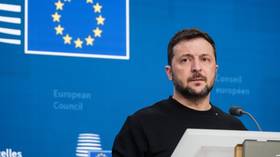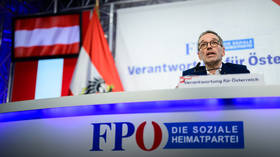Jewish leaders condemn British university debate on Israel and international law
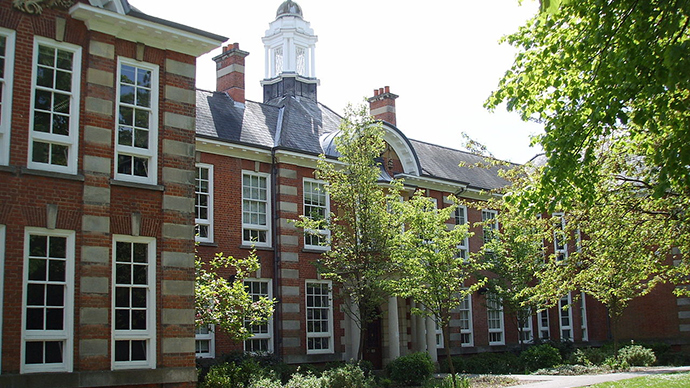
The University of Southampton has hit back at appeals to revoke its sponsorship of a conference questioning the legality of Israel’s right to exist under international law.
The three-day conference, titled “International Law and the State of Israel: Legitimacy, Responsibility and Exceptionalism” is scheduled to take place April 17-19.
According to the organizers, it will “explore the relatedness of the suffering and injustice in Palestine to the foundation and protection of a state of such nature and asks what role International Law should play in the situation.”
“It is unique because it concerns the legitimacy in International Law of the Jewish state of Israel.”
Conservative MP Mark Hoban, a prominent supporter of the state of Israel, has called on the university vice-chancellor to withdraw sponsorship, branding the conference “provocative.”
Critics say the event may “well affect the attractiveness of the School of Law for future UK and international students.”
In a climate of rising anti-Semitism in the UK, the institution insists its event will not add to it.
Jewish community leaders nevertheless say the conference “surpasses the unacceptable.”
“The Southampton University conference is uniquely singling out Israel, the world’s only Jewish country, to... http://t.co/3WAjeU2vhA
— StandWithUsUK (@StandWithUsUK) March 10, 2015
Judging by the name and the advertised speakers, Jewish leaders said the symposium “sets out explicitly to question the very legitimacy of a member of the UN,” the Jerusalem Post reported.
In a letter to the university, Jewish leaders accused Southampton’s Law School of “being used as an academic platform to advance, not just to legitimate, Palestinian national rights.”
“What other state in the global community of nations – democratic or tyrannical – is ever subjected to such a critique? The conference causes us great concern and distress. It will undoubtedly trouble greatly the members of the UK Jewish community,” the leaders said.
They urged the university to reconsider holding the event.
3000 signatures so far. Keep up the pressure. Let @unisouthampton know how you feel! http://t.co/xhlXj4pPEOpic.twitter.com/gUW1os88Sj
— Zionist Federation (@ZionistFed) March 11, 2015
Despite the appeal and a petition signed by almost 3,000 people, the university insisted the conference would go ahead as planned.
***ACTION ALERT*** Sign this petition and help stop the anti-Israel conference hosted by Southampton University... http://t.co/aN2MjUmzyw
— StandWithUsUK (@StandWithUsUK) March 4, 2015
According to the Jerusalem Post’s sources, Hazel Biggs, the head of the University of Southampton’s Law School, rejected the appeal.
Even though the title of the symposium raised an important question, the event would take “no explicit perspective,” Biggs said.
Despite the event being in “final stages of preparation,” the Jewish Leadership Council or the Board of Deputies of British Jews are welcome to recommend suitable speakers as the institution is “happy to receive their nominations.”
READ MORE: 'Jew, Jew, Jew... Run': Social experiment suggests rising UK anti-Semitism
The university has received nearly a dozen letters from Jewish organizations and members of parliament urging them to cancel the event.
However, a source close to the Jewish delegation told the Jerusalem Post it is clear the university is “not going to budge.”
A spokesperson for the university said: “We are committed to academic freedom, free speech and opportunities for staff and students to engage with a wide range of opinions.”
The spokesperson said that “discussion and critical thinking” was fundamental to the institution, and added that academics have freedom to explore “controversial issues,” while “giving due regard for the need to respect others.”
“The conference aims to examine the role international law can play in political struggles and to act as a platform for scholarly debate, welcoming academic contributions from a range of perspectives,” the spokesperson said.





